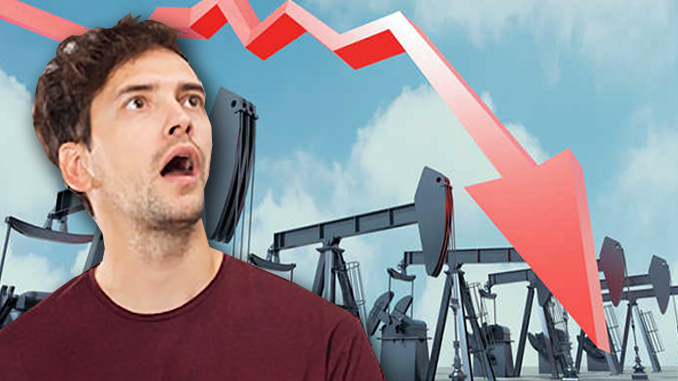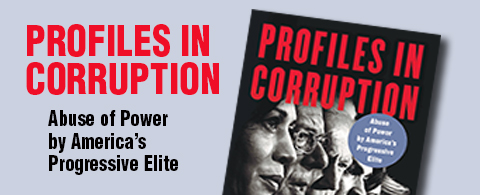
By Richard Walker
Oil is now cheaper in parts of the world than bottled water. It is so plentiful that even the U.S. is running out of storage to hold the massive quantities of oil that OPEC nations like Saudi Arabia are giving away or selling at rock-bottom prices.
The global oil glut has supertankers across the world heading to ports to unload their oil for free so they can return to the Middle East to refill their tanks. Bizarrely, big corporations are continuing to pump oil even though many countries are running out of space to house it. One result is that nations like India have been getting free oil in return for storing some of it for OPEC members like the United Arab Emirates (UAE). The Saudis, too, continue to pump and dump, believing it could be more costly to shut down and restart at some point in the future. By operating in a negative market, they expect to keep supply chains functioning, as well as their machinery and personnel. Nothing on this scale has happened before, making small countries and many consumers across the globe very happy. However, a collapsing petroleum market could have major social and political consequences, creating the kinds of instability that provide the political oxygen extreme terror groups like ISIS need to thrive.
On the left there are voices predicting more solar power and electric cars, the death of fossils fuels, and a new climate dawn. That is not how the progressive online magazine The Conversation sees it. It warns that the decline of oil could have a dangerous impact on “fragile democracies” like Iraq. It points to the recyclable industry and how it could implode because cheap oil will make the production of plastics even cheaper than before.
“Yes, there will be some perks for consumers if fuel prices are at basement levels for longer than a few months. Food and heating oil, for example, will be invariably cheaper. But ultra-cheap oil is not the world’s friend,” warns the magazine.
When people applaud the fact that oil has reached as low as negative $45 a barrel, they forget that oil and fiscal stability are interlinked. For example, earlier this year the International Monetary Fund calculated that in 14 years Saudi Arabia and its ally the UAE will be in debt to the big powers if oil were to remain at $55 a barrel. That projection could be 10 years or less if oil continues to depreciate at present levels. Imagine how much that must concern Israel, which has a pact with the Saudis to fight a secret war against Iran. A weakened Saudi Arabia would make it vulnerable to extreme groups across the region that have long dreamed of overthrowing the rule of the Saudi royals.
In the near term, while countries like India and Turkey are happy with free or cheap oil, the real dangers for political instability are in smaller oil-producing nations like Iraq, Ecuador, Angola, and Nigeria. For example, Ecuador is wilting under the weight of a $10 billion IMF loan, which it was using to pay off more than $60 billion it owes to other nations. With the drop in the price of oil, it has stopped paying its debtors.
Iraq faces a financial nightmare because its oil drives its large bureaucracy, as well as all the other functions of government, including its security forces and militias that support them. It cannot turn to Iran for help because it is suffering under the coronavirus and expanded U.S. sanctions.
An element of this oil crash that is rarely mentioned by the mainstream media and therefore gets little analysis is that China may have a major role to play in how events unfold during and after this oil pandemic. China has been following the U.S. model of drilling shale pits for oil, thereby reducing its oil imports and reducing its vulnerability in this crisis. At the same time, it has been purchasing ownership stakes in the foreign debts of small oil nations across the globe. It could, at a whim, call in those loans and demand control of the elements of the global supply chain that those countries manage.
As major oil companies debate whether it is financially sustainable to continue pumping oil, in some circles there is a suspicion that the bigger players will continue to operate at a loss to cripple their competitors. The International Energy Agency (IEA) believes this is happening.
“Some producers may opt to wait and see if weaker rivals go out of business, which would improve the environment for those who stay in the game,” says the IEA.
Richard Walker is the nom de plume of a former New York mainstream news producer who grew tired of seeing his articles censored by his bosses.






This shows the absolute folly of tying international financial stability to oil. It will be a painful and disruptive process to unwind that relationship, but anyone with a brain could see it coming. All in all, it could be a good thing if it were managed properly, but it won’t be since we have an incurious counterpuncher in the white house instead of a leader. The world is headed for greater tragedy befoe things get better. Study hard, kids!